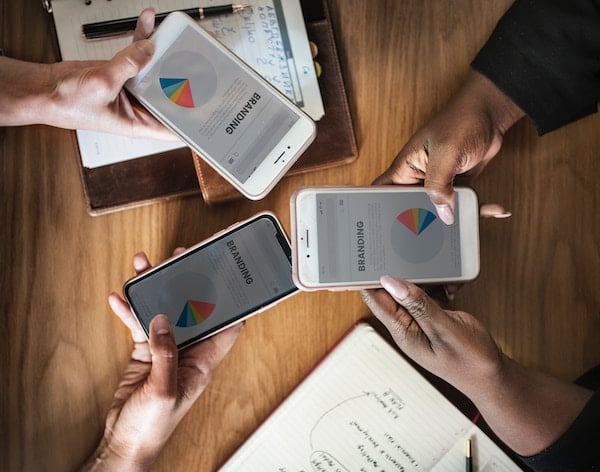Published on
Four Key Considerations to Guide a University’s OPM Partnership

The number of online program management (OPM) companies may have tripled in the past decade, according to Inside Higher Ed. As more and more higher education institutions face flat or declining enrollments, online student numbers continue to grow—and just like that, a new industry emerges. OPMs can help schools who are new to online education or have limited resources available to start a new online program. The OPM company usually does the heavy lifting up front, including investing capital to develop the program, for a percentage of tuition and fees for each student successfully recruited.
This arrangement can be extremely beneficial, especially for those schools that do not have the infrastructure to easily get an online program up and running. As the online market gets more crowded, having an experienced company that can set up the marketing and recruiting practices for an institution can mean the difference between launching a program this year or next. A collaboration with an OPM can include launching and recruiting whole programs or can be limited to specific services, such as instructional design or digital marketing. Nonetheless, there is a lot to know before cementing the relationship, and setting expectations and clarifying roles for both the OPM and the postsecondary institution is critical for future success.
Having come from an institution that had grown its own online programs and corresponding infrastructure, working with an OPM was a new experience. I was not part of the process of choosing or hiring the OPM, but I was responsible for implementing the contract and establishing the relationship. A year into the partnership, it’s clear that there are things that are important to establish right at the beginning. While a contract can spell out a lot, there is always room for interpretation, including how the contract will be implemented.
Overall, the relationship has been successful. We were able to launch four new programs in less than a year, with two more planned for next year. As the institution lacked an infrastructure for recruiting and marketing, this would have never happened without help; however, there were some bumps along the way.
The following are some of the things I learned in partnering with an OPM, and some additional questions to ask if an institution is considering a similar partnership:
- Clearly Define Your Roles From the Start
Clarity of roles is probably one of the biggest areas that needs detailed discussion and assurance of understanding. The contract may spell out that the OPM can do certain things, but it doesn’t mean that they will do those activities. For example, OPMs often want to have permission and access to register students for classes, especially since the contract stipulates payment for enrolled, not simply admitted, students. However, how and if they use that permission is ill-defined. Will the OPM walk students through the process if they have registration questions or will they refer them to the institution’s staff? What is the institution’s preference for how students are treated when they have questions about registration? Clarifying this in the beginning can ensure that students have the customer service experience that you expect them to have.
- Establish Data Sharing Agreements
Reports and information sharing is another area where early discussion is helpful. Institutions that are considering working with an OPM should determine what information they want shared, as well as how and when they want the information shared. This should be made clear in the contract language. The OPM will host a lot of data that can help in decision making, and the OPM will probably manage many digital marketing efforts. Ensuring direct and timely access to this data is critical to strategic decision-making that can have a direct impact on your programs. Listing institutional or departmental reports with detailed descriptions, such as yield conversion or pay per click ratings, can help mitigate any issues in the long run.
- Culture Fit
Another aspect to consider when choosing an OPM is whether their work is a good reflection of your institution’s culture and values. When working on behalf of an institution, an OPM is not seen as its own company, but rather as a representation of the institution. As such, all of their work is branded as part of the institution. Therefore, if the OPM values an aggressive recruiting approach while the institution does not, there may be conflicts regarding what “customer service” means from a recruitment standpoint. This is worthy of a discussion prior to any agreement to ensure that both parties and their stakeholders have clear expectations.
- Determine Data Ownership
Finally, one last area to consider as the partnership between the OPM and institution is being finalized is the ownership of any data and outputs after the partnership is terminated. OPM contracts can be long-term, and include several different concrete outcomes such as websites, application forms, and processes. Ensuring that these stay with the institution will save work in the future and will keep the organization from having to duplicate efforts. Furthermore, once the look and feel of an online presence is established, it is much easier to update than to have to recreate so that potential students have the same recognition of the institution.
Set Your Expectations From The Start
There is a lot to be gained from working with an OPM. They often have expertise in areas that higher education institutions don’t, such as call center management, digital marketing, and technical analysis. For institutions that are working on building their online presence quickly, partnering with an OPM is worth it. Yet, like any successful collaboration or contract, setting expectations at the very beginning helps to ensure a successful venture for both parties.
Author Perspective: Administrator



